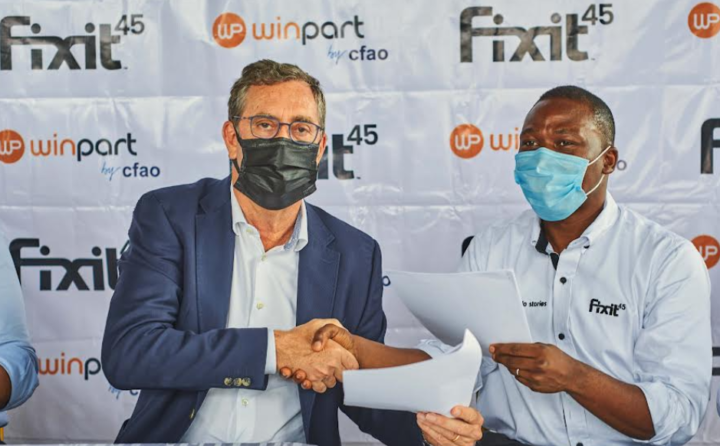Ghana has reduced its benchmark interest rate to 18%, cutting it by 350 basis points in response to a sharp and sustained fall in inflation. The move marks the third consecutive rate cut as the Bank of Ghana signals growing confidence in the economy’s recovery.
Governor Johnson Asiama said the Monetary Policy Committee voted overwhelmingly in favor of easing, citing stronger real interest rate conditions and an improved inflation outlook. He noted, “The prevailing high real interest rates provided some scope to ease monetary policy to further boost the growth recovery efforts.”
Stronger Inflation Outlook
The central bank projects a stable inflation profile through the first half of 2026, consistent with sustained policy discipline. Asiama added, “The bank projects a continued stable inflation profile around the target and well into the first half of 2026.”
This signals that policymakers believe the worst of Ghana’s inflation crisis is over after recording one of Africa’s fastest disinflation paths.
Ghana’s inflation rate, which peaked at more than 54% in December 2022, has now fallen back into the Bank of Ghana’s 6–10% target range as of September. Inflation dropped further to 8% in October, the lowest level in more than four years.
The Ghana Statistical Services reports that food inflation slowed sharply to 9.5% in October from 11.8% in September, supported by strong harvest output and favorable base effects.
Drivers of Disinflation
A major factor in Ghana’s disinflation is the stronger fiscal position and the surge in global gold prices. As Africa’s largest gold producer, the country has enjoyed a significant boost from the commodity rally.
The Ghanaian cedi has strengthened by about 30% against the U.S. dollar this year, helping reduce import costs and easing inflation pressure further.
Fiscal Consolidation and Growth Outlook
Finance Minister Cassiel Ato Forson says the government remains committed to fiscal consolidation as Ghana prepares to exit its IMF programme. He forecasts a primary budget surplus of 1.5% of GDP by 2026, with the fiscal deficit narrowing from 2.8% in 2025 to 2.2% in 2026.
The economy is also expected to expand, with growth projected at 4.8% in 2026, up from an estimated 4% this year, reinforcing hopes for a durable recovery.
What You Should Know
Ghana’s inflation has declined for ten straight months, reaching 8.0% in October 2025, its lowest level since June 2021.
October marked the first time consumer price inflation returned to single digits since August 2021.
Food supply improvements and harvest season dynamics played a major role in easing inflationary pressures.
Ghana interest rate cut, Ghana inflation drop, Bank of Ghana MPC, Ghana monetary policy 2025, Ghana cedi appreciation, Ghana gold prices impact, Ghana economic growth forecast, Ghana IMF programme exit, Ghana food inflation, Ghana fiscal consolidation.























